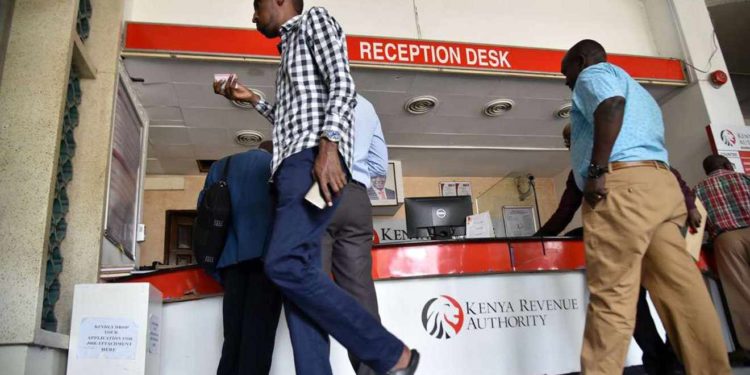The government has unveiled a plan to integrate further deductions required from civil servants into the Unified Human Resource (UHR) system in the latest Budget Policy Statement (BPS) for 2024.
The integration process is slated for completion by July 2024. The UHR system, introduced in July 2023, is interconnected with the Kenya Revenue Authority (KRA) iTax platform to streamline the filing of PAYE tax for individual employees and aggregate monthly PAYE tax obligations from various State Departments.
Its primary objective is to centralize Human Resource and Payroll data within the Public Service, accessible through a unified repository.
According to excerpts from the BPS, the government aims to include additional deductions to ensure that all remittances are directed to respective entities, including Pension Funds and other employee contribution schemes, by the specified deadline.
The initiative traces back to January 2021 when the State Department for Public Service established a task force to develop a prototype for the UHR, replacing the previous Government Human Resource Information System (GHRIS).
Former Public Service Principal Secretary Mary Kimonye emphasized that the UHR would standardize Human Resource practices, streamline manual processes, and provide a reliable source of HR information for decision-making.
The UHR implementation has been phased, with Phase 1 completed in September 2023, extending its coverage to all ministries, departments, agencies (MDAs), and counties.
This phase aimed to eliminate ghost workers from the payroll, a factor contributing to financial losses. The Salaries and Remuneration Commission (SRC) commended the system for its potential to enhance salary management across national and county governments.
Phase 2 involved extending the system to all State agencies adopting the Unified Payroll Numbering (UPN) System, including the Teachers Service Commission (TSC), which issued UPNs to approximately 349,000 teachers. This initiative aimed to enhance payroll management efficiency and ensure timely salary disbursements nationwide.
In Phase 3, UPNs will be issued to all commissions, independent offices, state corporations, public universities, and agencies by July 2024.
However, the program encountered challenges in its initial stages, such as salary delays attributed to technical issues by the Ministry of Public Service.
Former Public Service Principal Secretary Mary Kimonye underscores the significance of these reforms.











